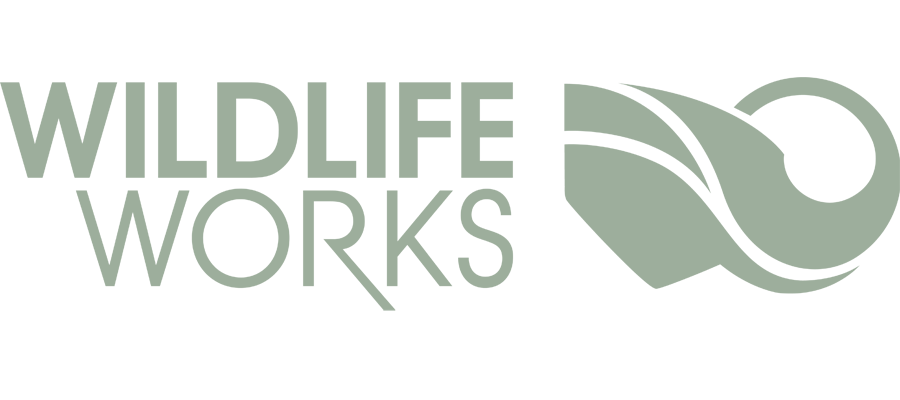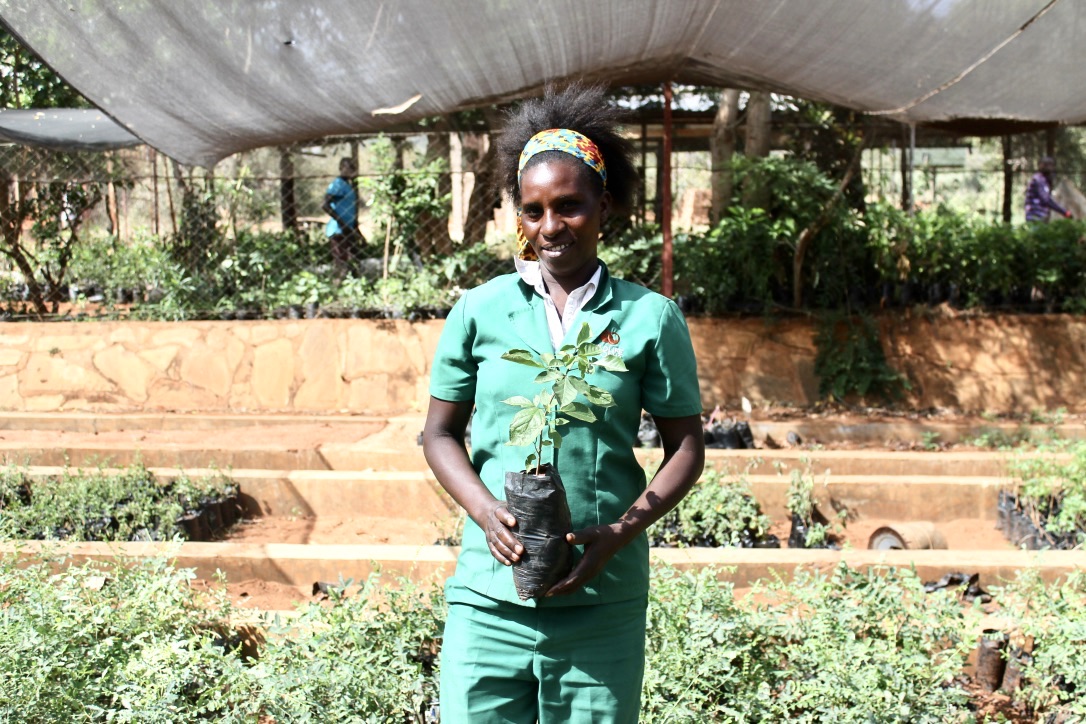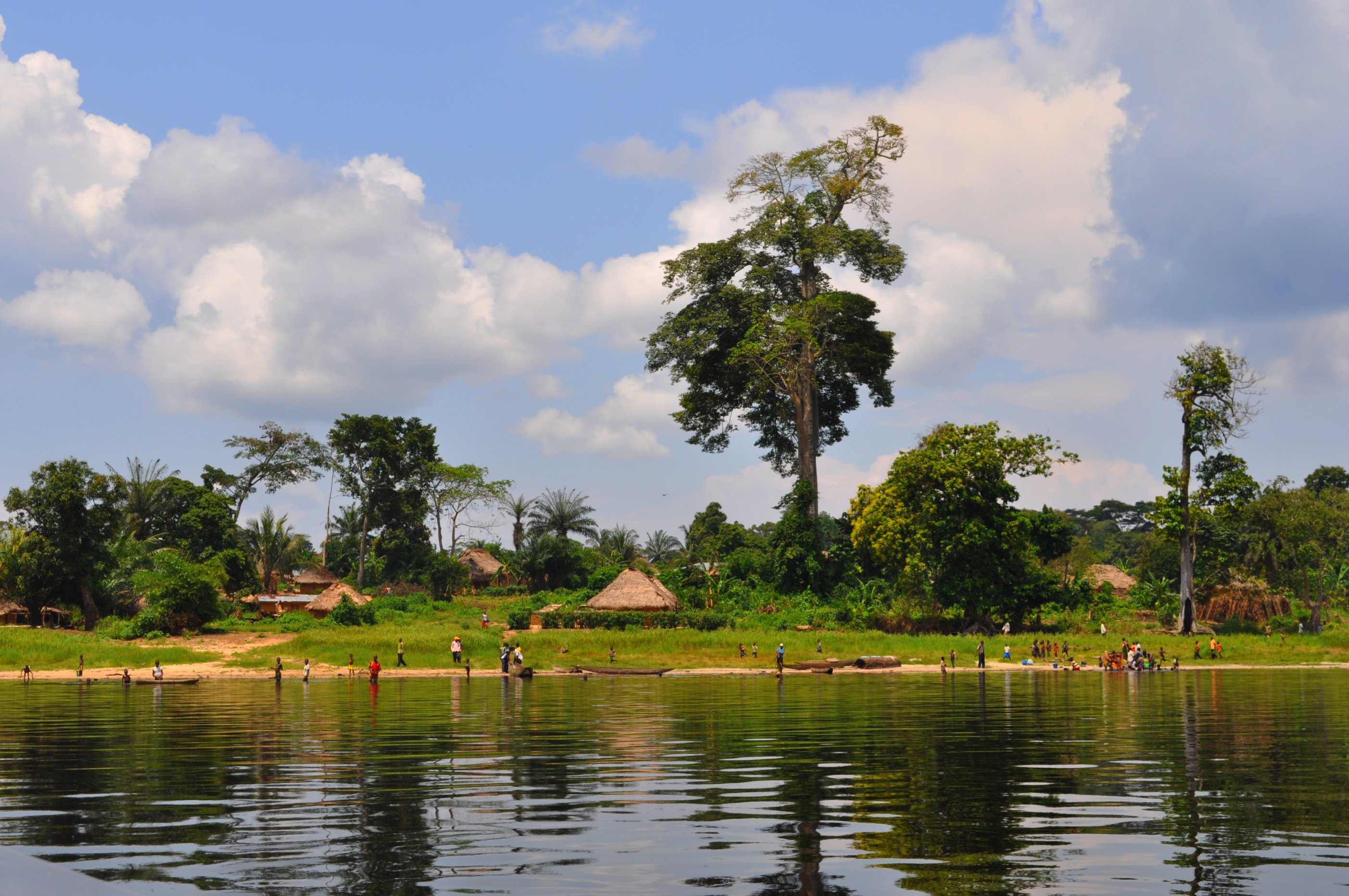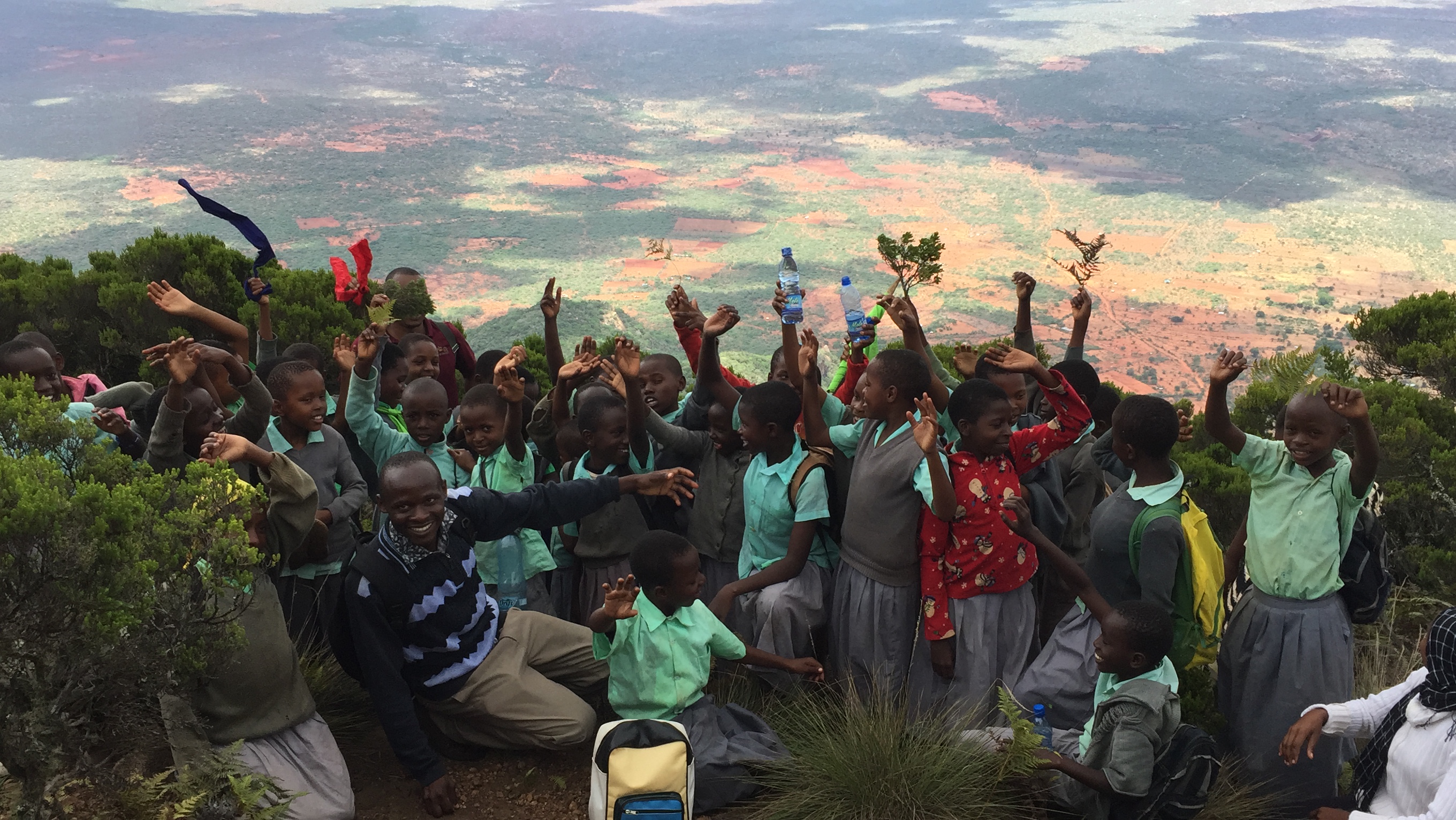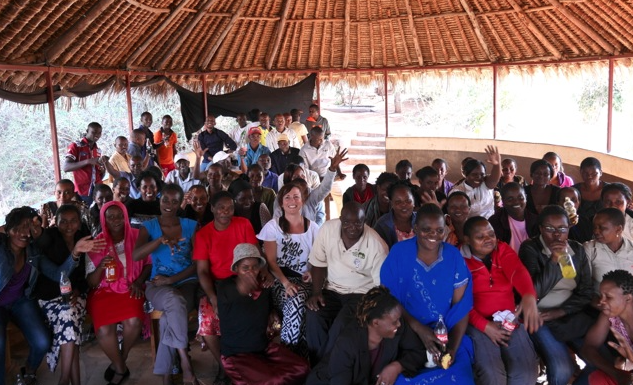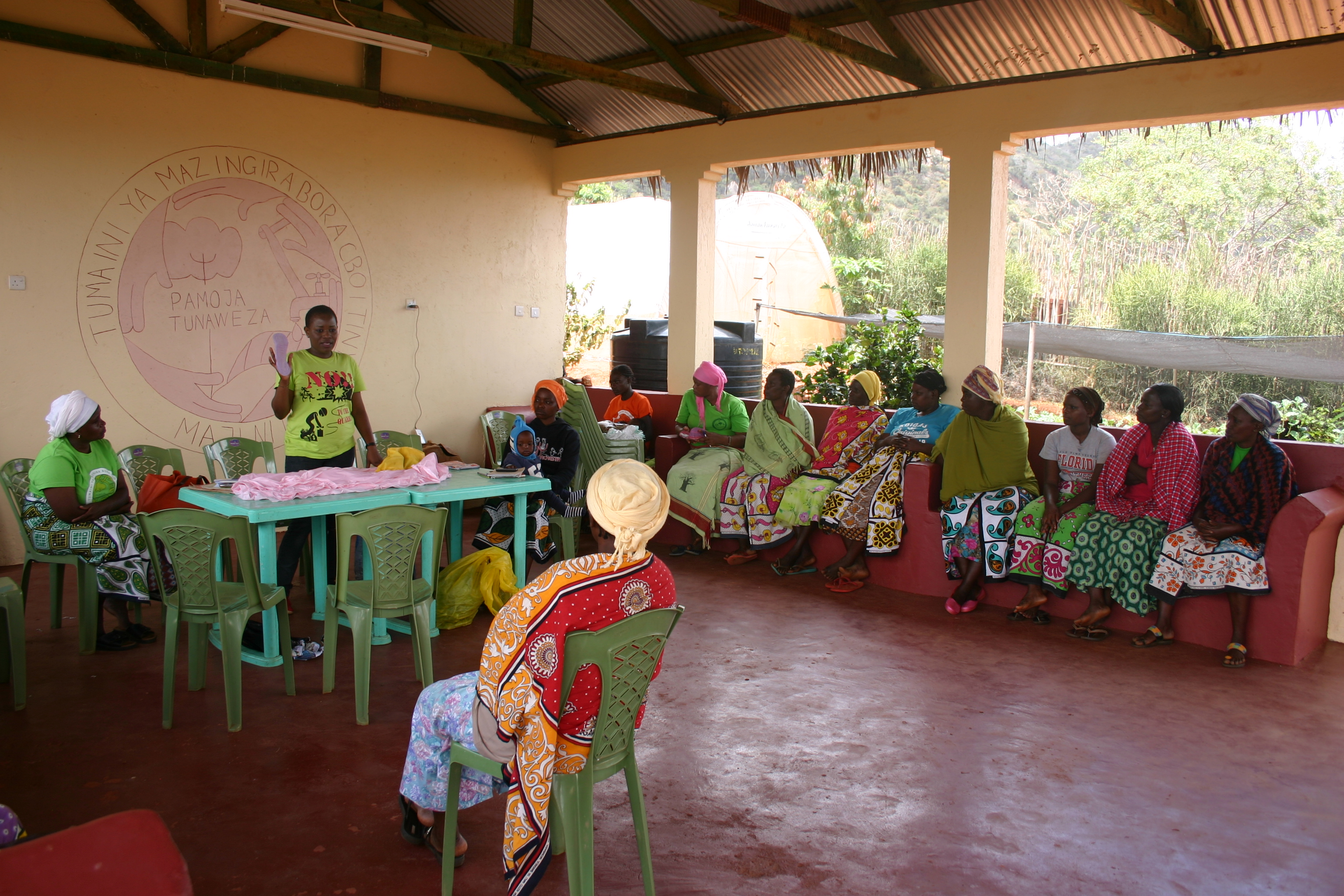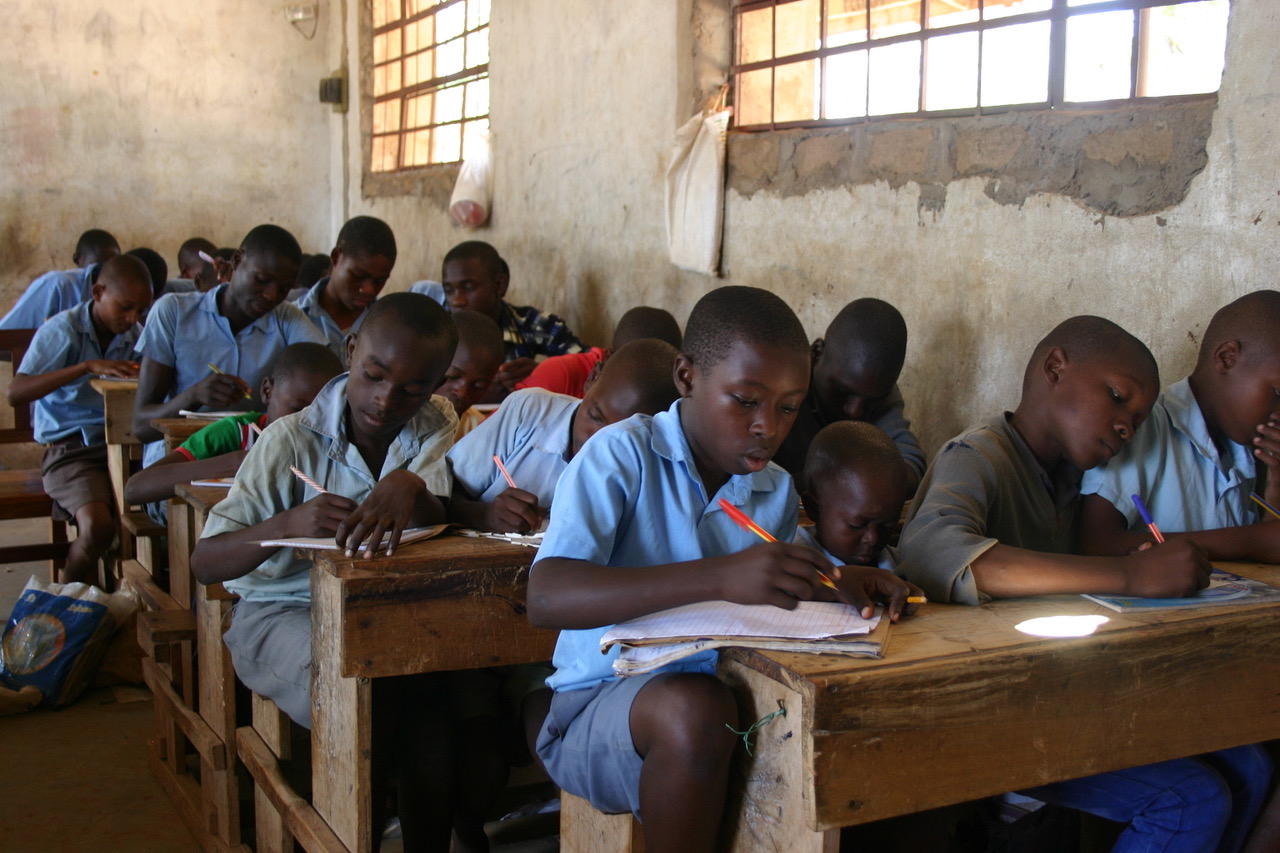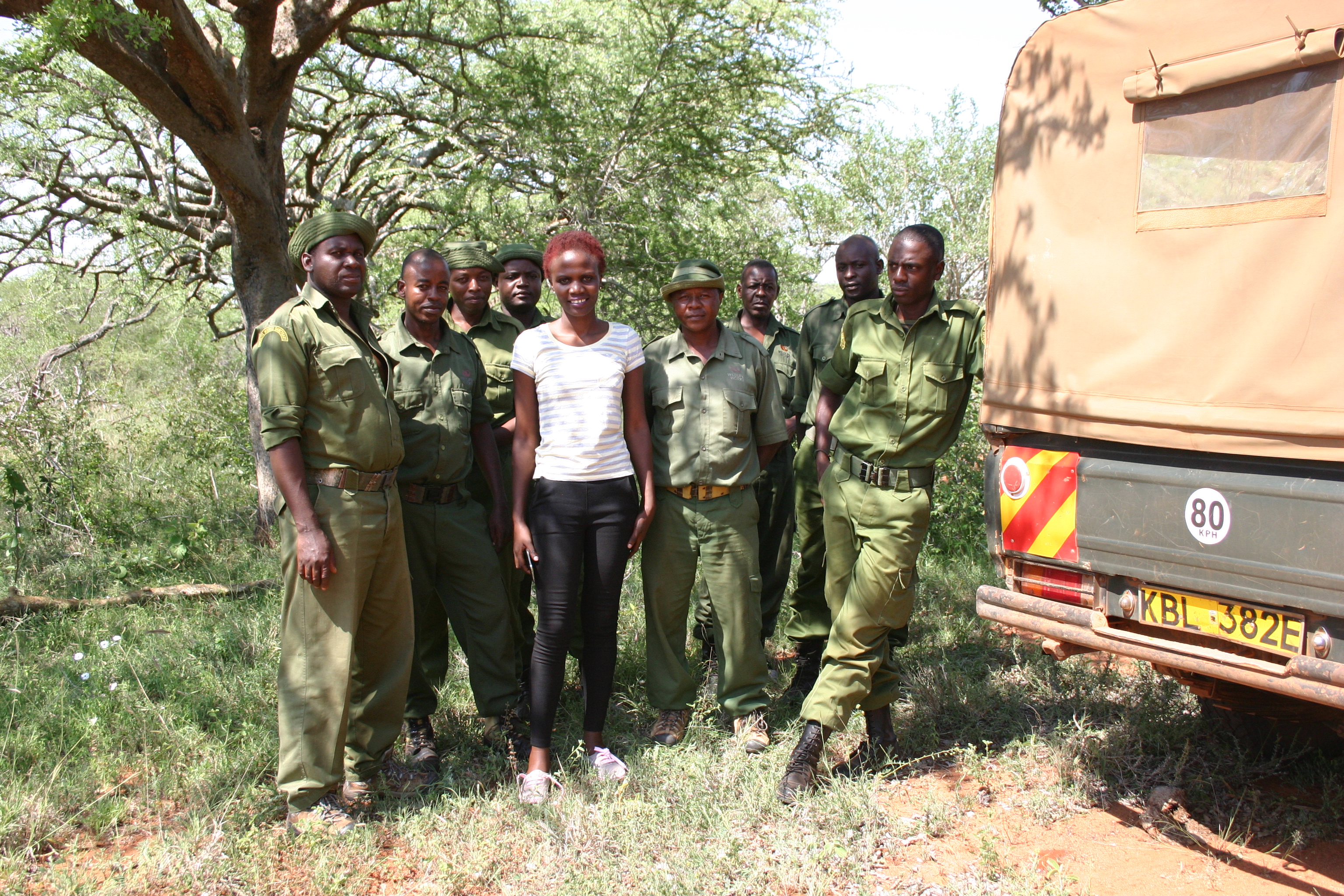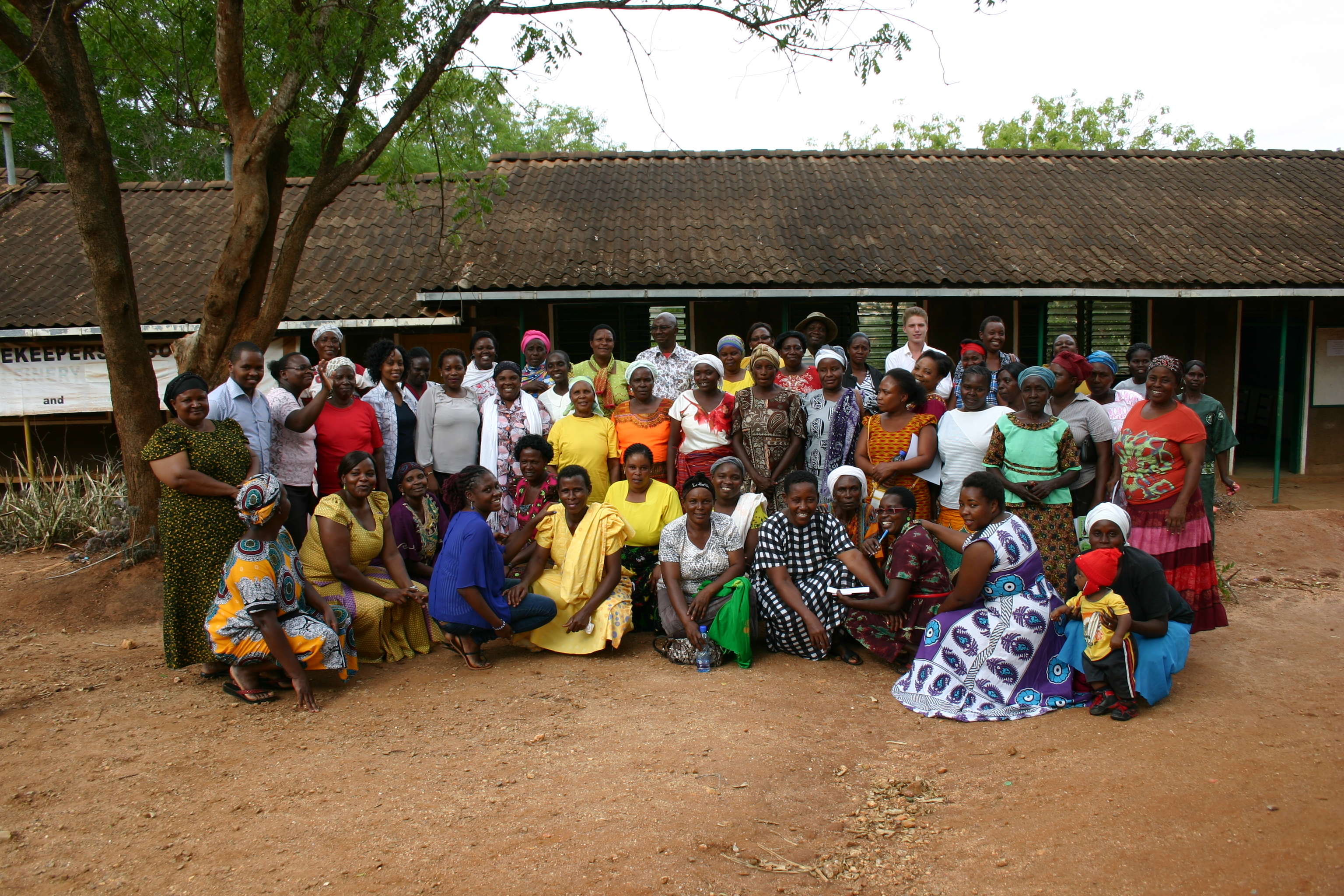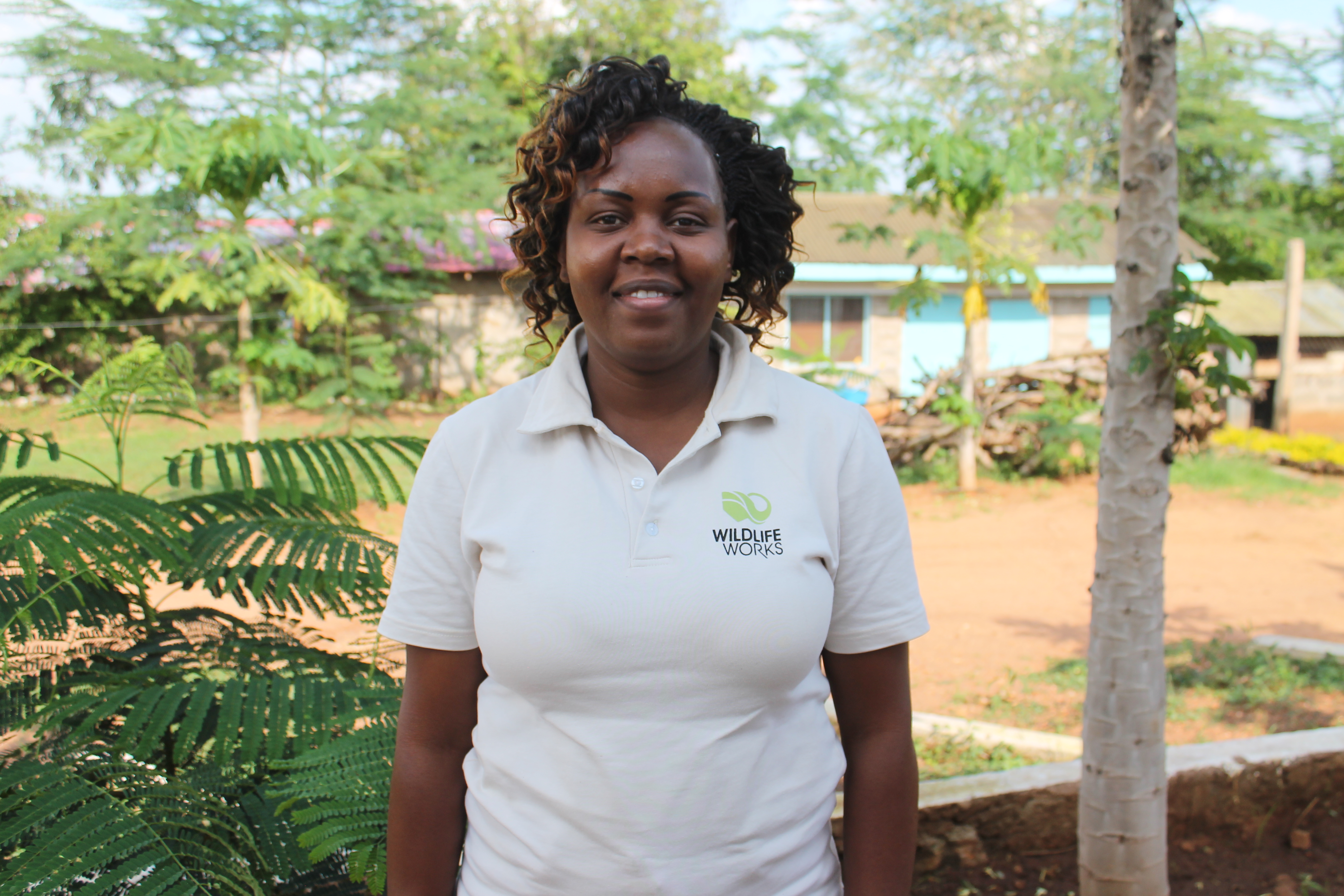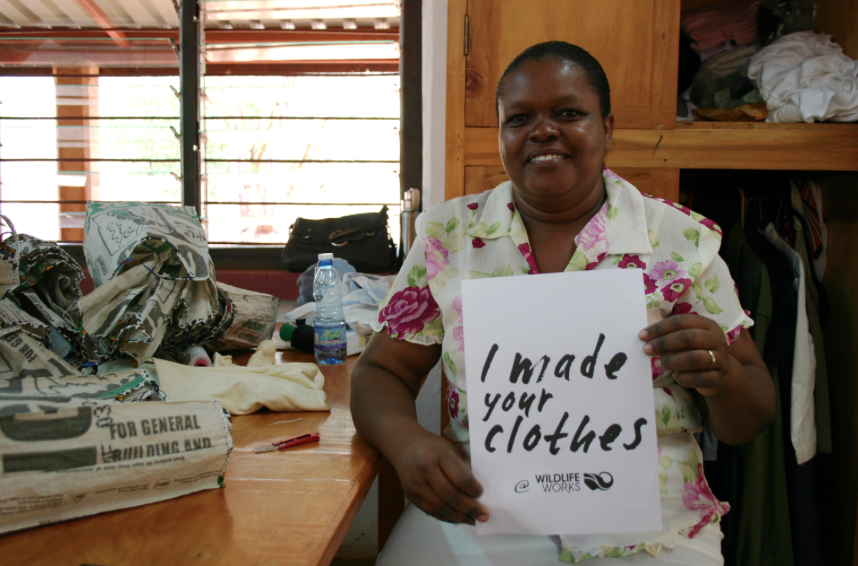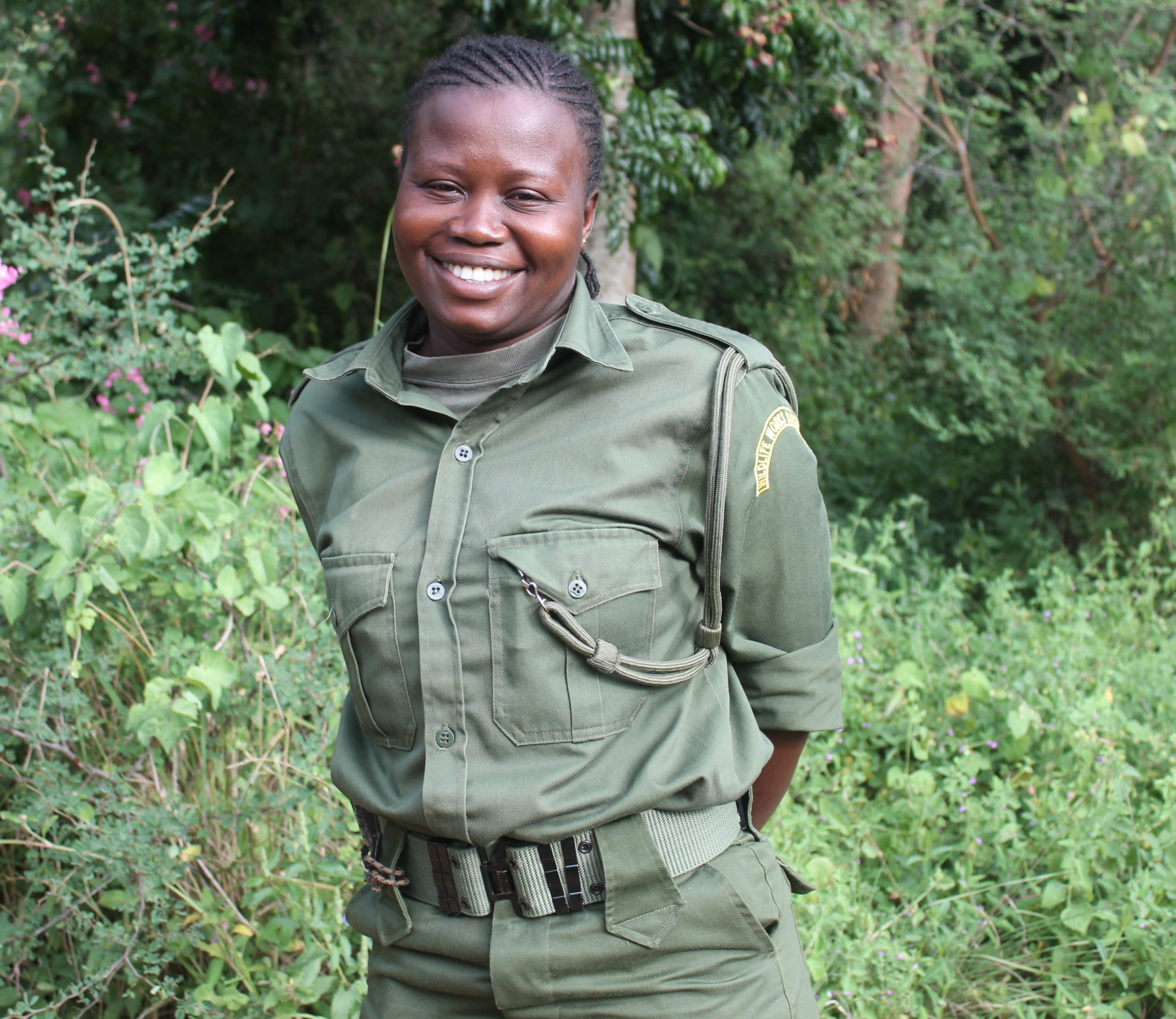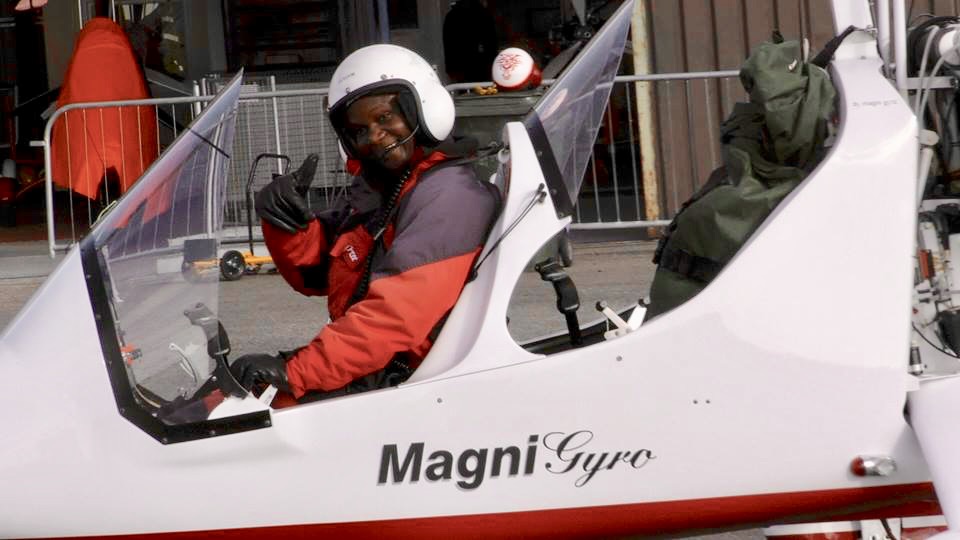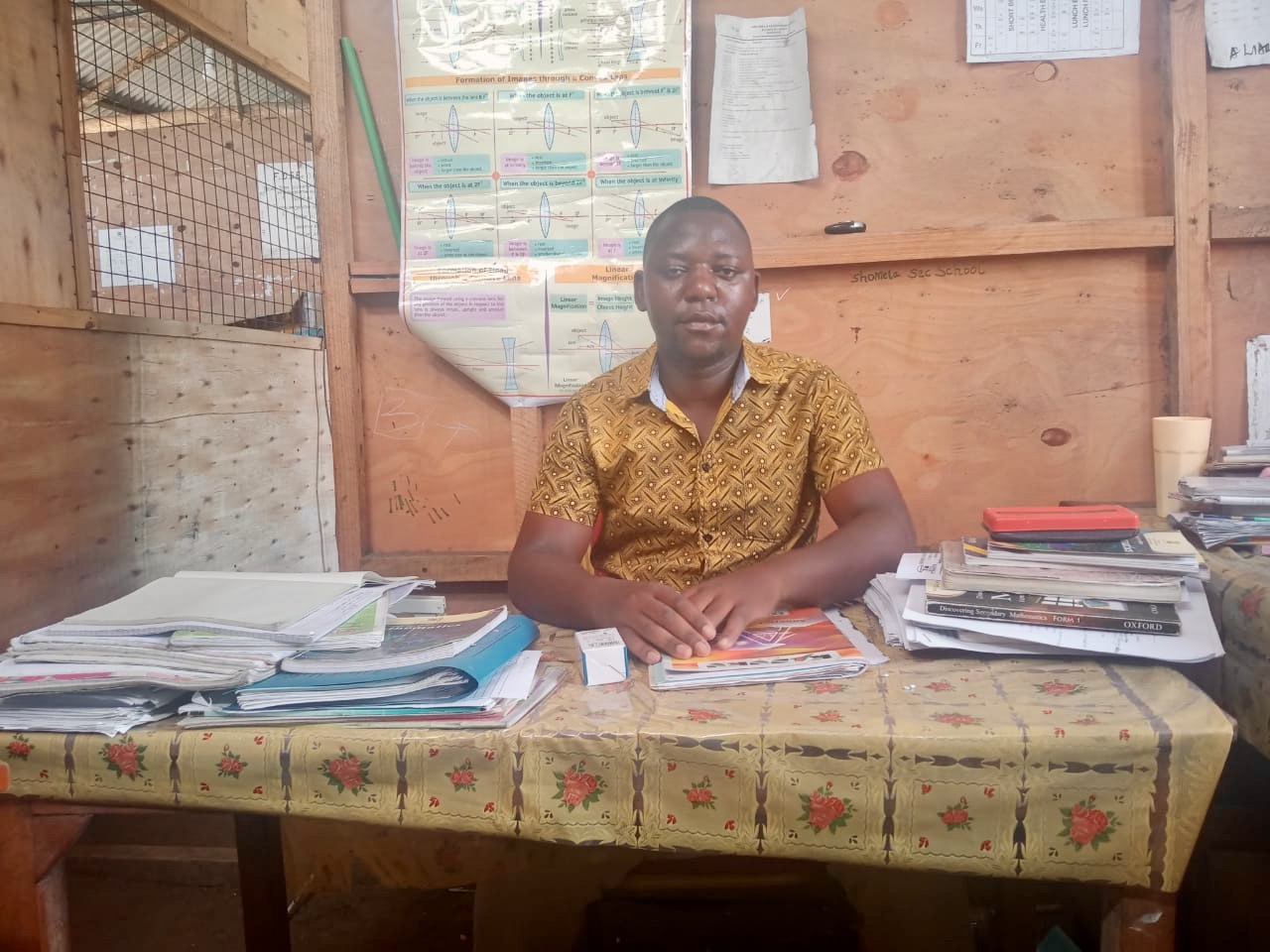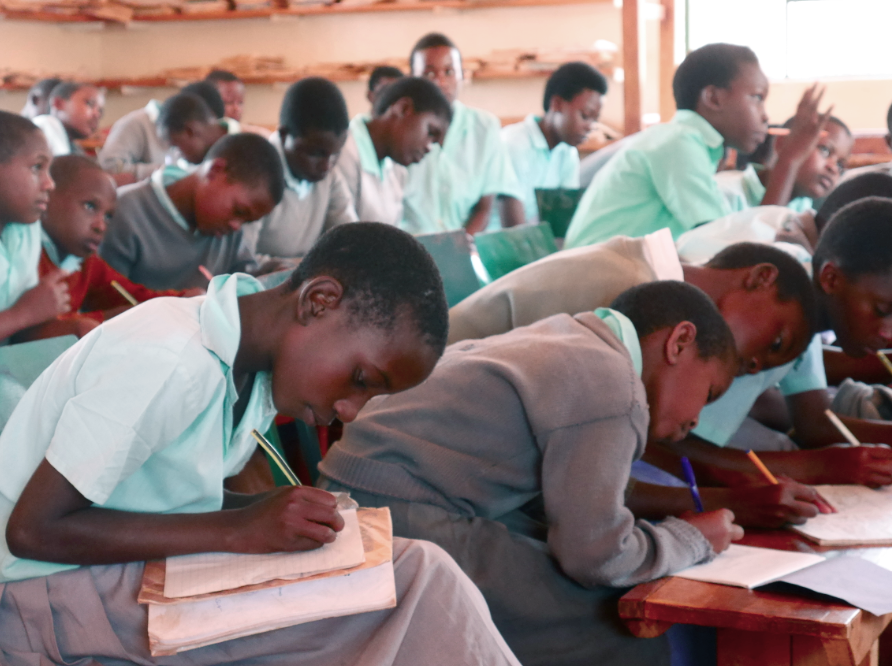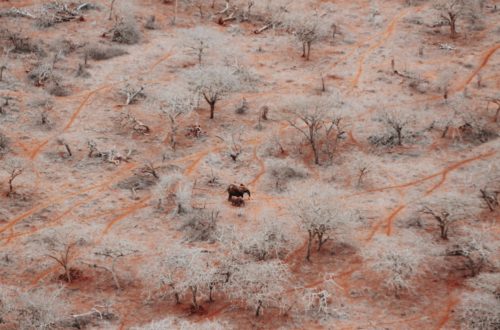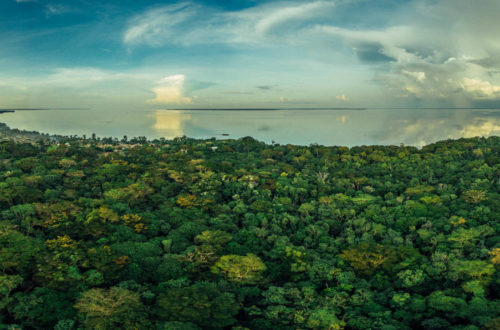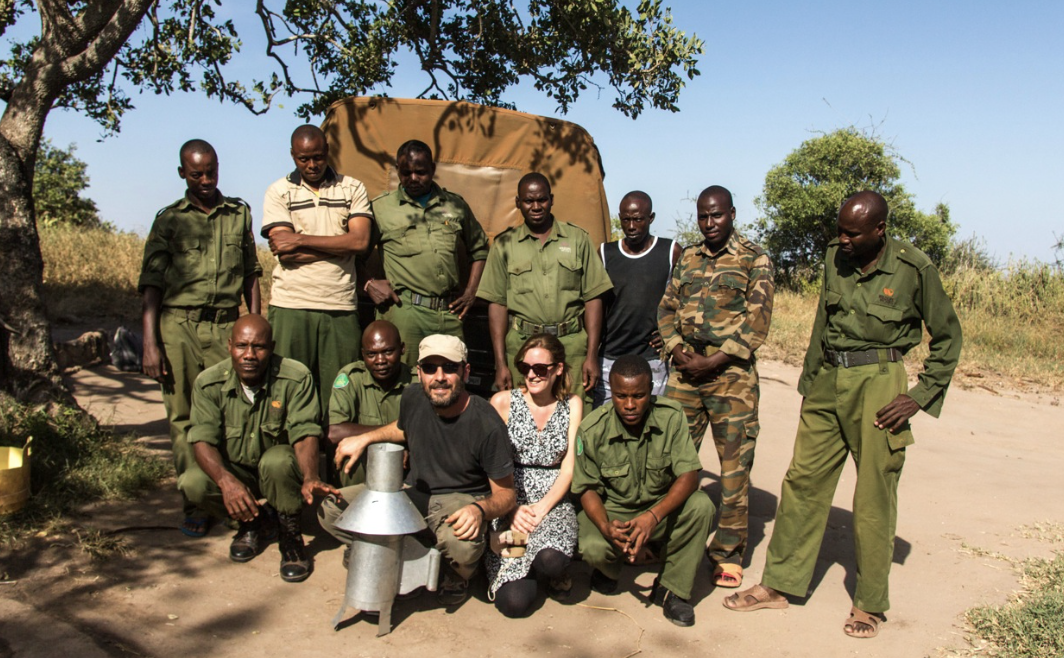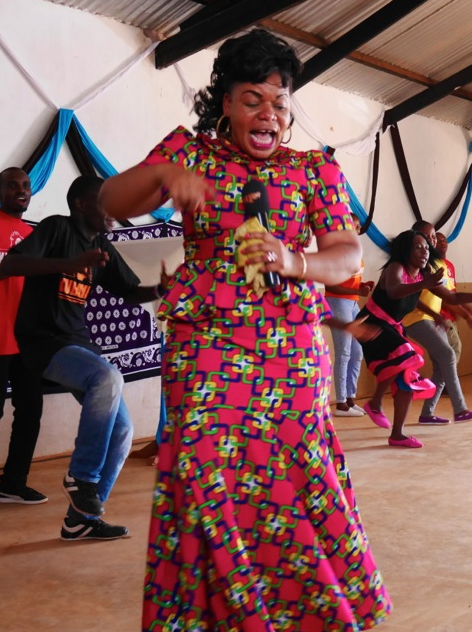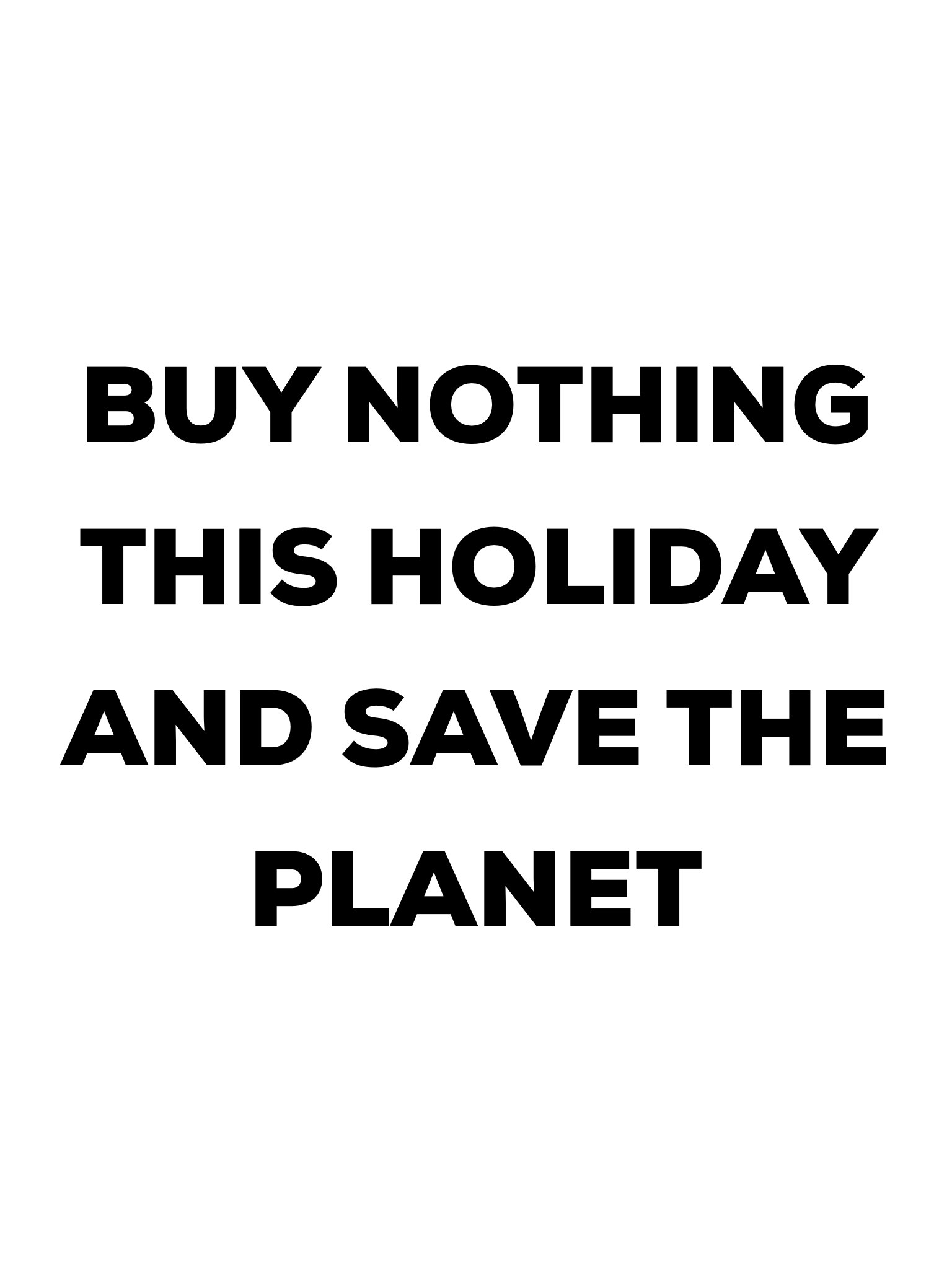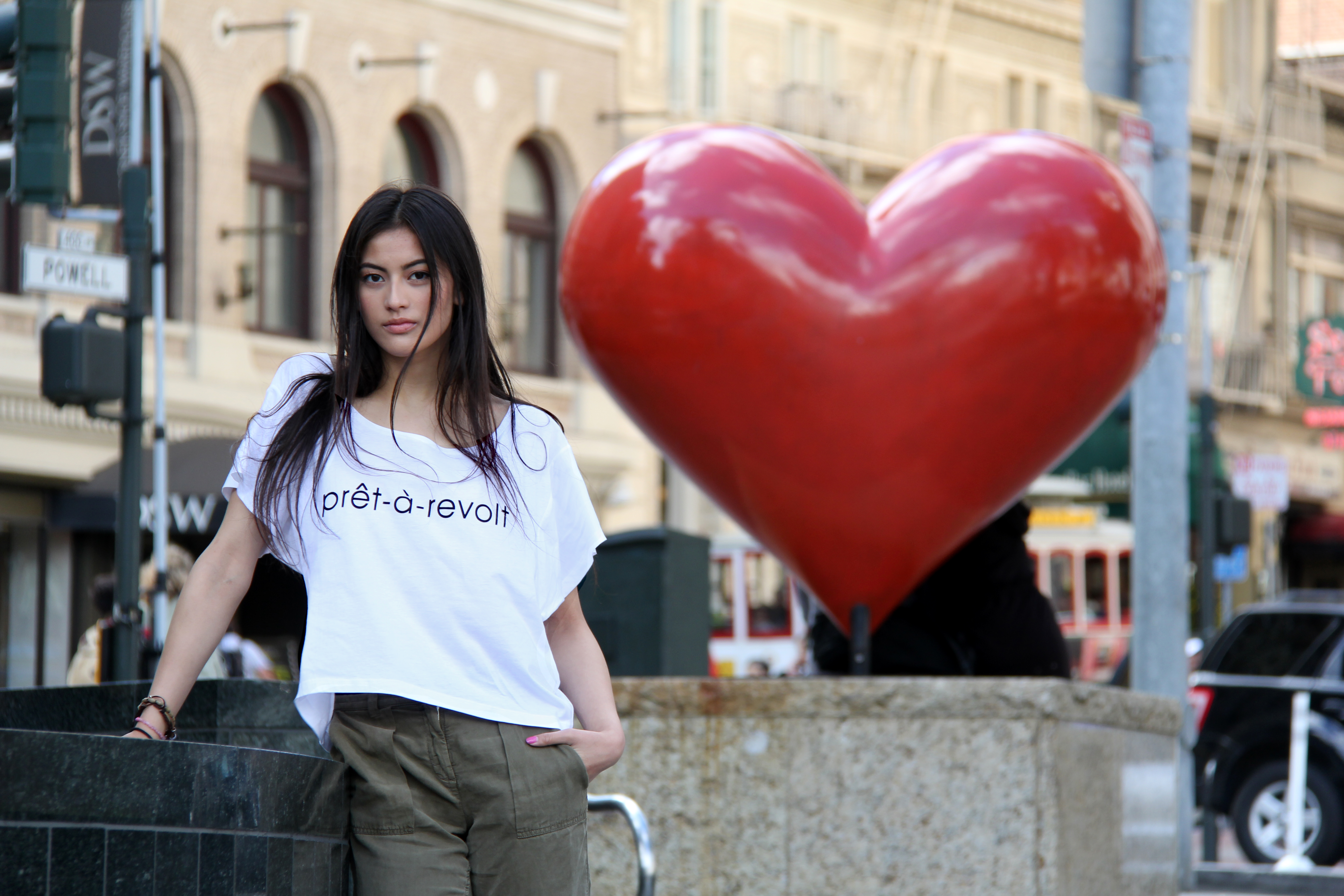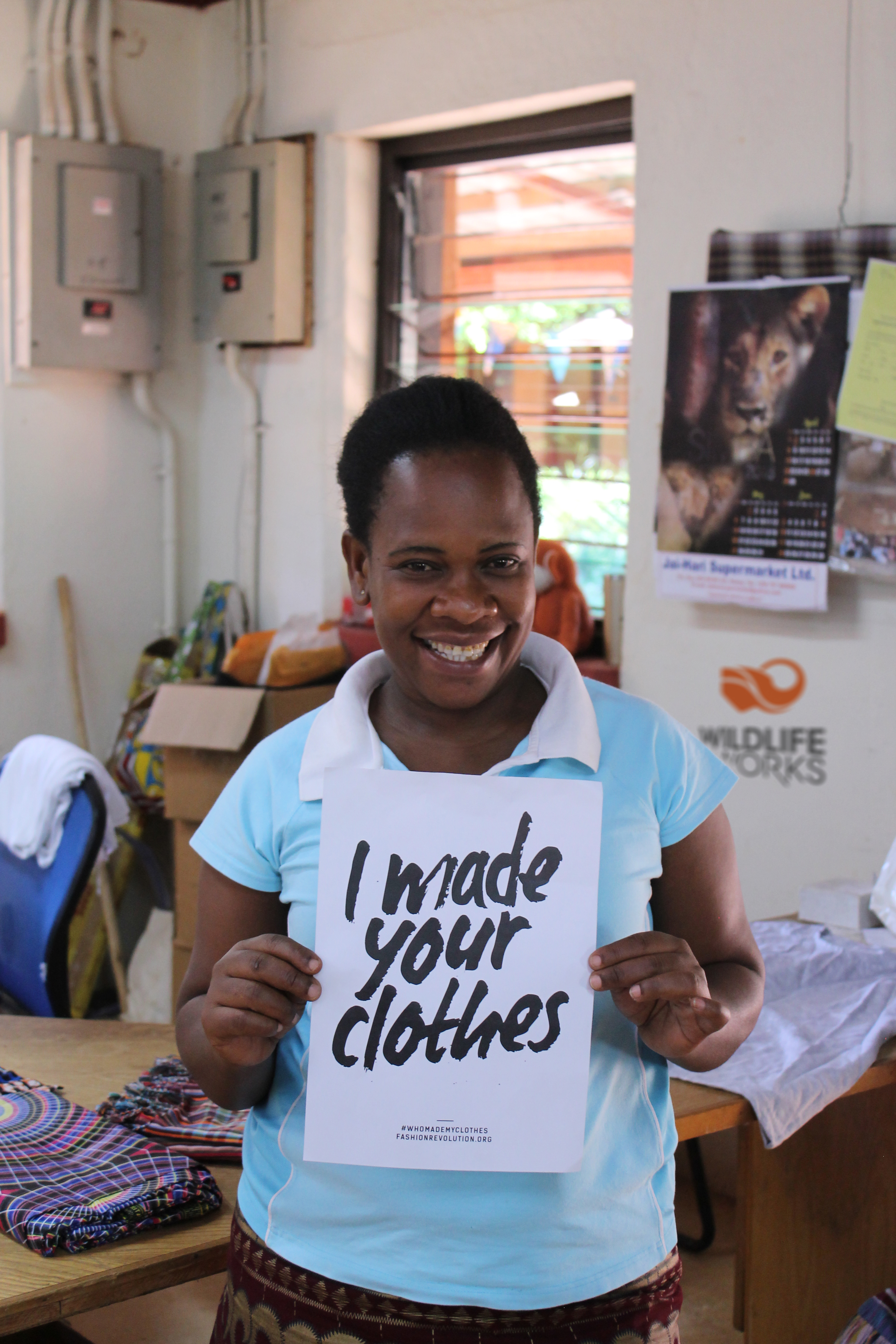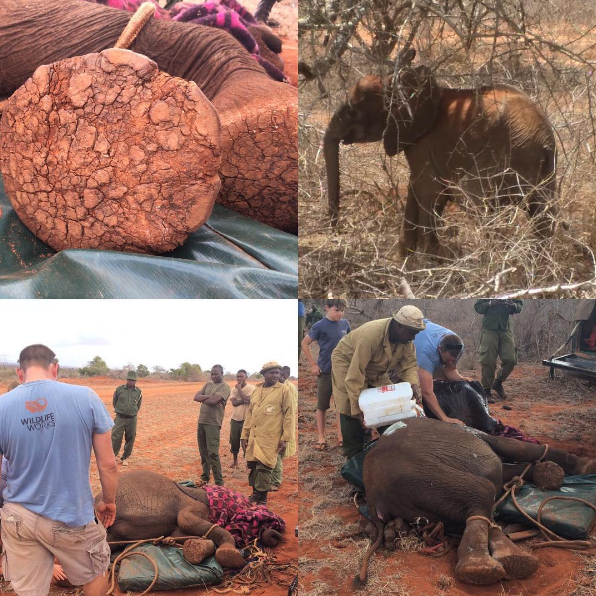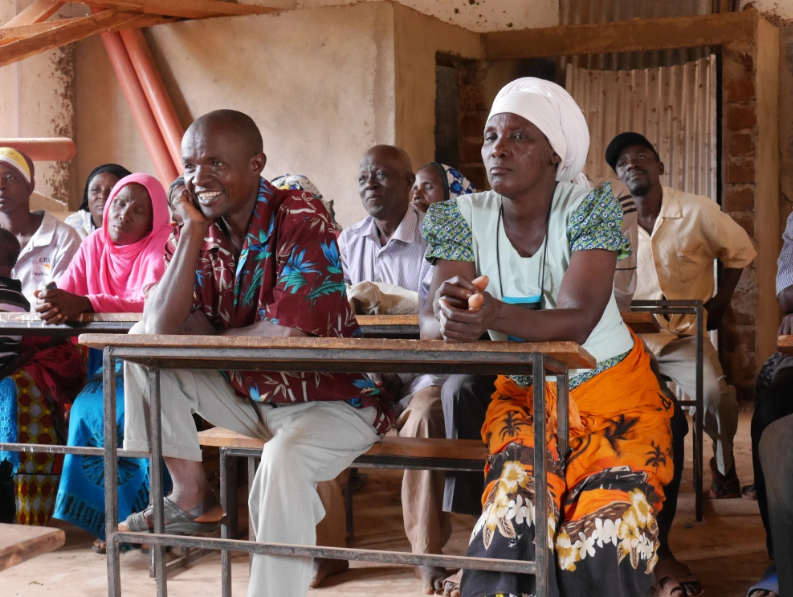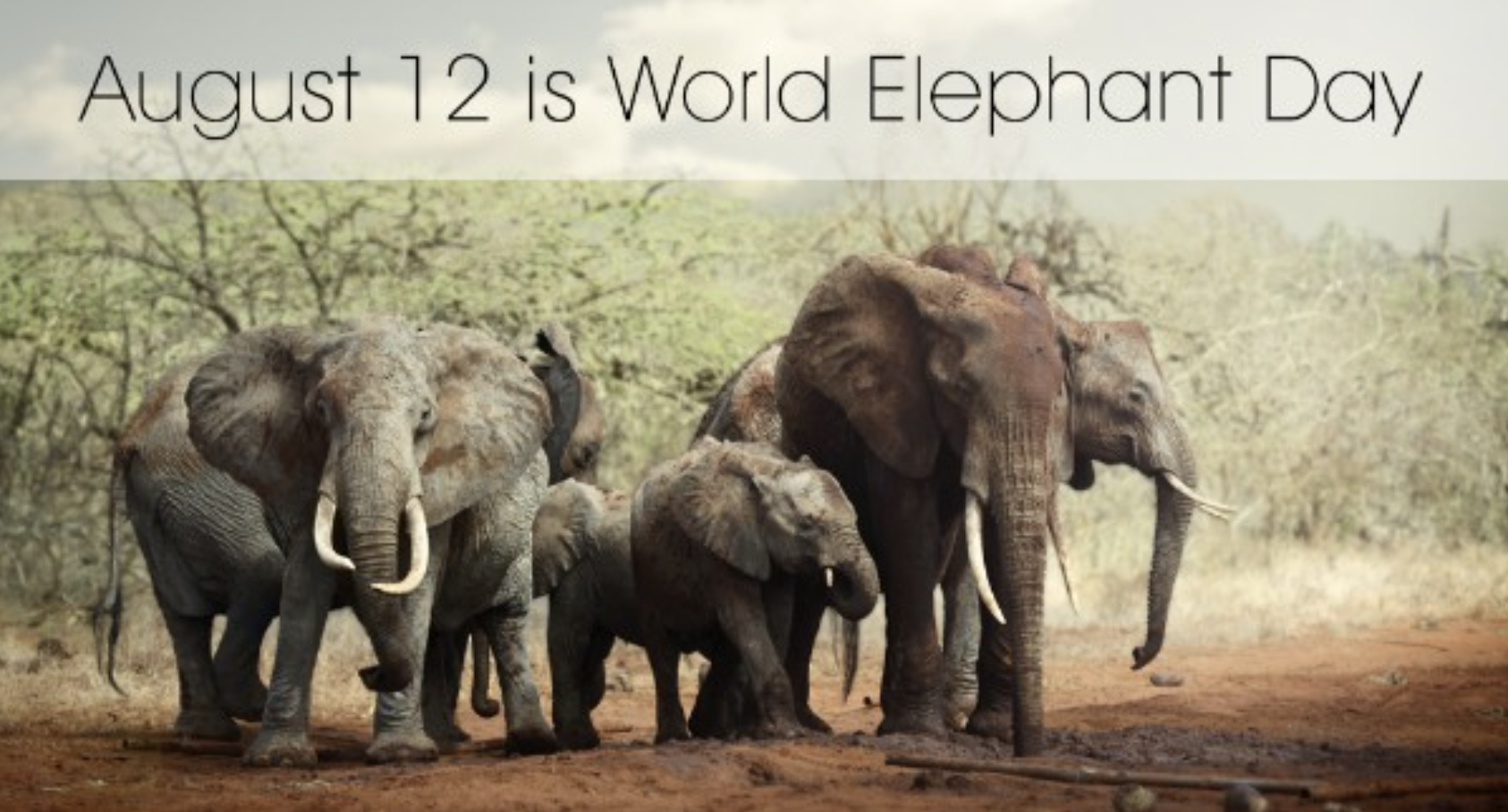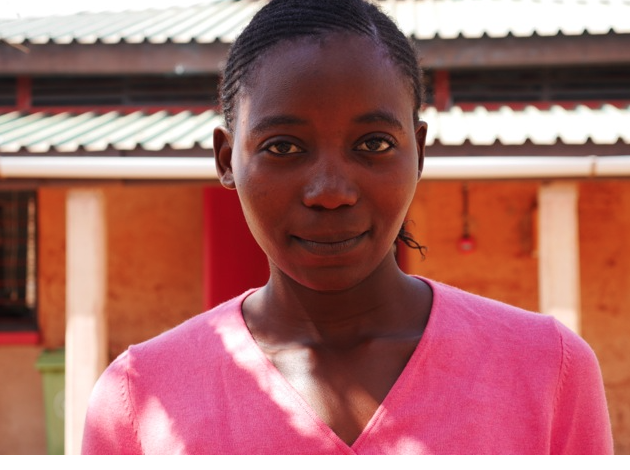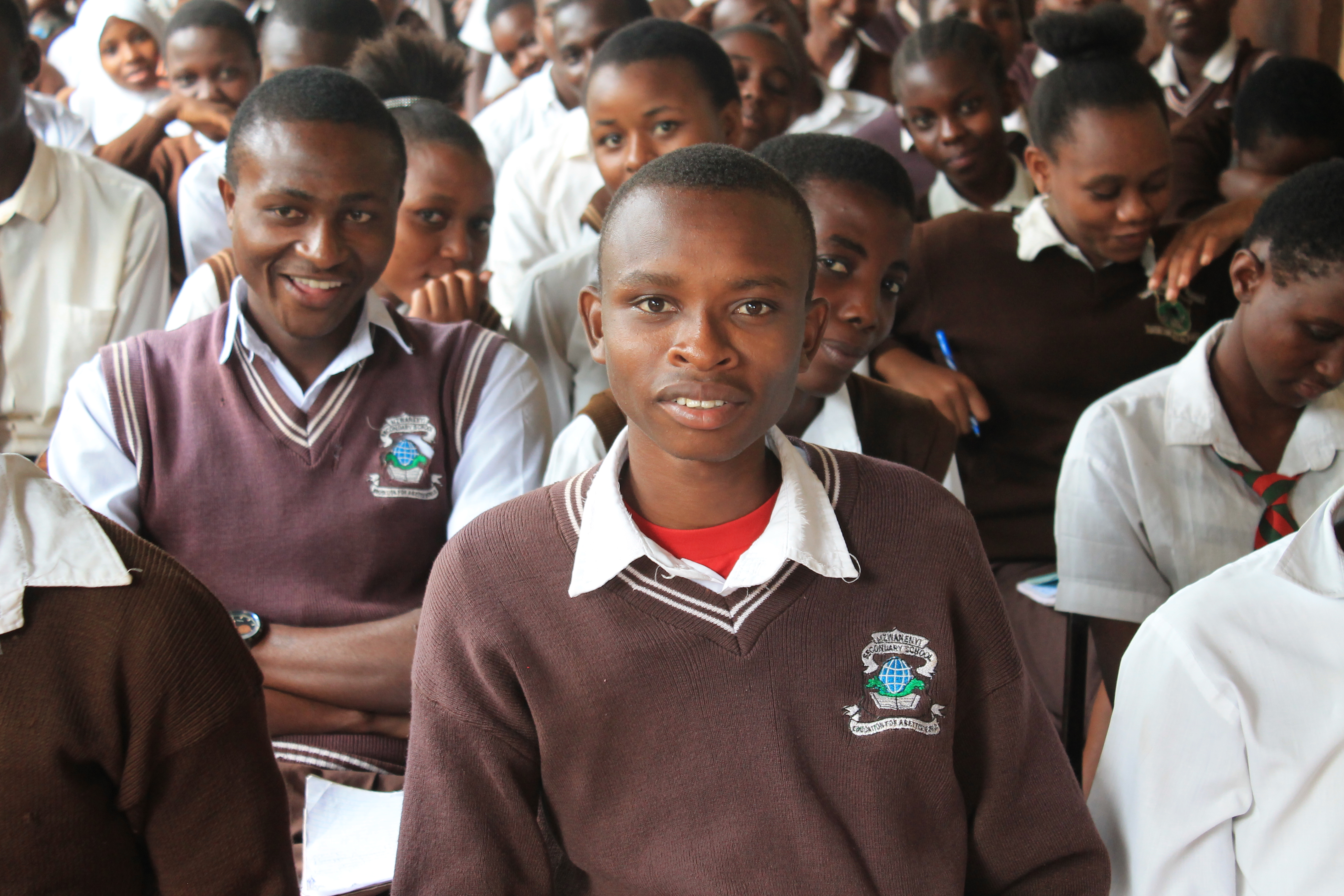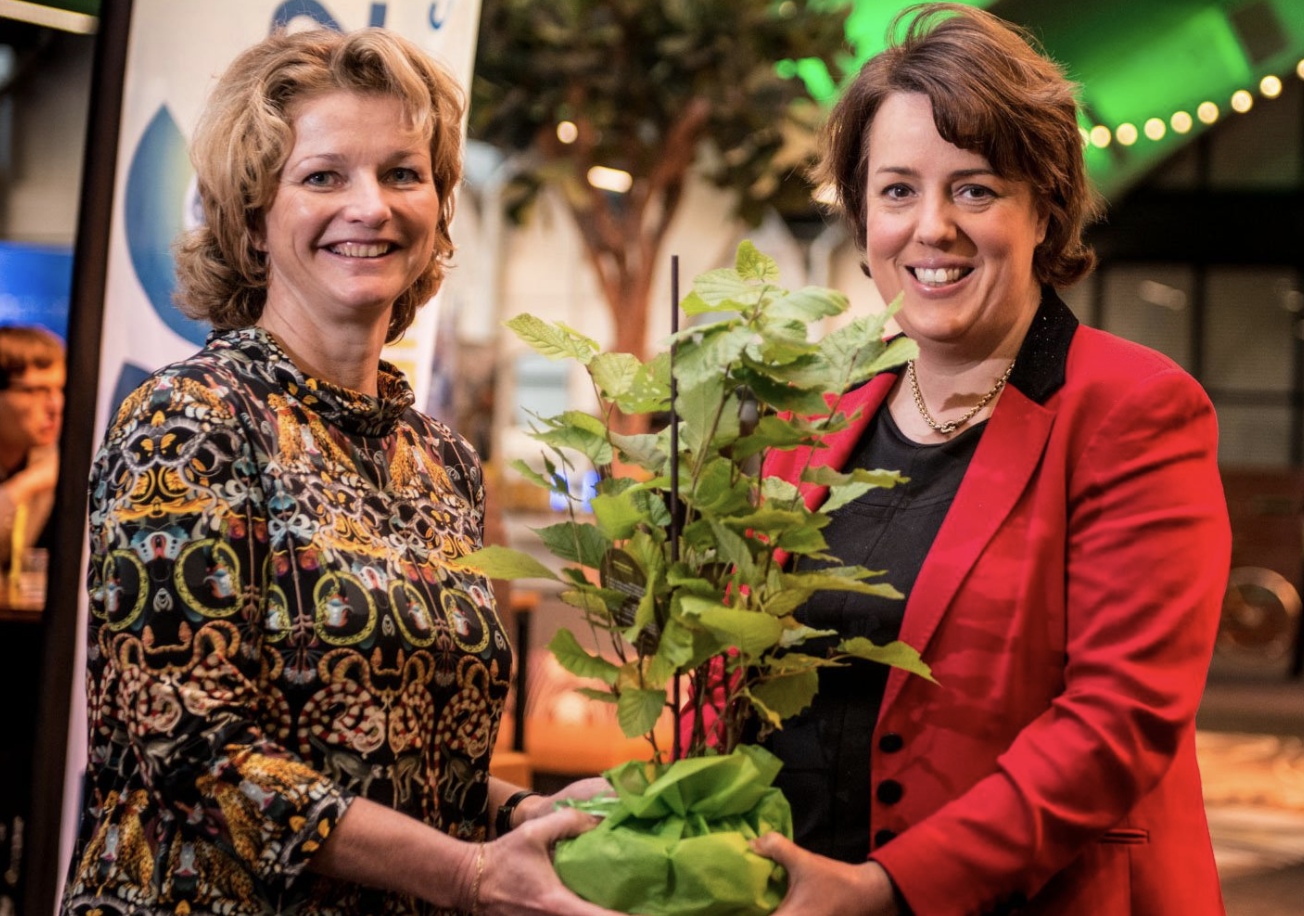Women
-
Against All odds: Janet Wanjala’s Determination to Succeed
By Jane Okoth If you happen to pass by Wildlife Works’ organic greenhouses, chances are that you will notice Janet Elina Wanjala. The shy petite woman is always busy; if she is not taking care of the tree seedlings, or harvesting jojoba seeds, she is packing the soil into the potting bags. Janet’s day begins with a 2-hour walk from her home to Wildlife Works, ready to commence her usual duties. On this particular day, she is helping out peeling the mango seeds for drying and replantation. “I take my work seriously, with much dedication and hard work because I find morale and stimulation in it,” she says. According to…
-
Keeping Girls in School: Women Receive Training to Make Sanitary Towels
Wildlife Works, the world’s leading REDD+ project development and management company, is dedicated to supporting and empowering women through community initiatives and specialized training. Women are key pillars of society, and our aim is to ensure that they receive the support they need. This past week, a team from Wildlife Works spent time with the Tumaini Women’s Group, a lively and well-organized group consisting of 24 women. These free spirited women have every reason to smile because Wildlife Works has been a key supporter of their projects. This particular visit was focused on teaching the ladies how to make reusable sanitary towels and how to turn them into an income…
-
Can Carbon Credits and Communities Help Save the Planet?
Every 3 months, women from the community gather for Women Empowerment Trainings. Together, they learn about finance, health, and the environment. Then, they bring this information back to their villages to teach others. This quarter, the training was held in Mwatate, 42 kms northwest of Maungu where Wildlife Works operates. Fifty women leaders from all over Taita Taveta County are learning to write proposals, how to cope with climate change (the area has been affected by drought for over 18 months), and keeping healthy. Their colorful dress and personalities stand out against the red hills characteristic of the area. Community-Based Conservation In Action The people in charge of today’s meeting are the Community Based Organization (CBO) Board Members…
-
Meet Our Seamstresses for Fashion Revolution Week
Do you ask your favorite brands, #WhoMadeMyClothes? Production at Wildlife Works provides full transparency for our clients and their customers. Meet some of our tailors and learn about their aspirations. Meet MAGDELINE (far left). She’s in charge of quality control at the Wildlife Works Eco-Factory. She has one son who is 3 years old who attends our 100% subsidized Wildlife Works Nursery during the day while Magda is at work. She’s proud of being able to support herself and her child through her salary. On the weekends, she takes care of her 15 chickens at home. Yes, 15! Meet ELPINA. She has been working at Wildlife Works for 6 years.…
-
Empowering young girls through GLOW training
Wildlife Works is committed to supporting community projects as we feel these can be the most important tools to developing self-sufficient and self-governing communities. One of our main focuses is on education, especially for women and girls. This past weekend, a sexual health and sanitation session for young girls at Kiteghe Primary School within our Kasigau Corridor REDD+ project area in southeastern Kenya was funded through Wildlife Works. This program is called GLOW (Girls Leading Our World), and is run by Monica, a local Kenyan lady who volunteers her Saturdays to run this training session in local primary and secondary schools across Taita Taveta County. Monica writes essential goals for…
-
Women’s Economic Empowerment Event
Wildlife Works strongly values women in the community and their autonomy to assume influential roles and set their own course. Last week, several members of Wildlife Works attended a women’s economic empowerment speech within our Kasigau Corridor REDD+ project area in Kenya. The meeting featured Rachel Chebet, the wife of Kenya’s Vice President William Ruto, and focused on ‘table banking’. Table banking is a practice that Mrs. Chebet started four years ago in the Taita Taveta region (where our project is based) to strengthen womens’ groups and promote economic stability. Table banking is a practice through which women organize into registered groups where each member contributes to a ‘group bank…
-
Eco stoves Tackling Carbon Emissions
This is a post from a guest blogger, Francesco Mirabito who originally came through the Wildlife Works project area from Italy in June of 2015 as part of the Walk with Rangers event. He fell in love with Kenya and our wildlife sanctuary so he came back again to launch his Eco Stove product in partnership with Wildlife Works. Eco stoves tackling carbon emissions, benefiting health and improving gender relations Last summer, I had the opportunity to spend a few days walking through the Kasigau Corridor REDD+ project with the Wildlife Works rangers. During those wonderful days, walking, surrounded by the beautiful landscape of the southeastern highlands of Kenya, I met…
-
Fair Trade USA Certification – One Year On
The Wildlife Works’ factory, on the edge of Tsavo East National Park in Kenya, became Fair Trade USA certified in the spring of 2015. We were the first carbon neutral, fair trade factory in Africa! Now, just over a year later, we have been producing Fair Trade USA certified garments for clients around the world, such as Threads for Thought. Our factory was founded in 2001 on ethical and fair trade policies – back before the fashion industry even had the words to describe sustainable fashion. Buying ethically made clothing is a meaningful way to vote with your dollar for a healthier planet and happier people. Buying Fair Trade USA…
-
Wildlife Works Scholarship Recipient Joins the Team
“I get satisfaction in my job through putting perfection into my work,” says Zanira Kasyoka, one of the lucky recipients of a Wildlife Works’ scholarship that fully sponsored her secondary education. Her talents and hard work stood out and she is now fully employed as an assistant in the Wildlife Works’ carbon-neutral, eco-factory office. Meet Zanira, first a scholarship recipient now an employee Zanira comes from a humble background in the village of Itinyi, Taita Taveta County, within our project area in Kenya. She was brought up by a single mother together with her elder sister. She now lives with her mother and grandmother, as her sister has married and moved…
-
Agriculture Mentor Program for Local Community Groups
Wildlife Works runs an organic greenhouse on-site at our Kasigau Corridor REDD+ Project in Kenya. Here, we raise indigenous tree seedlings that we donate to the community to help reforestation efforts as well as test growing techniques for local growing conditions. One of our main objectives is to run tours and training for anyone who wants to learn alternative methods for growing in the semi-arid, drought conditions of the Tsavo region. Some of the best practice growing methods we teach include water conservation through techniques such as vertical farming (where water trickles vertically down a pod watering more plants rather than draining away into the soil) and introducing people to…
